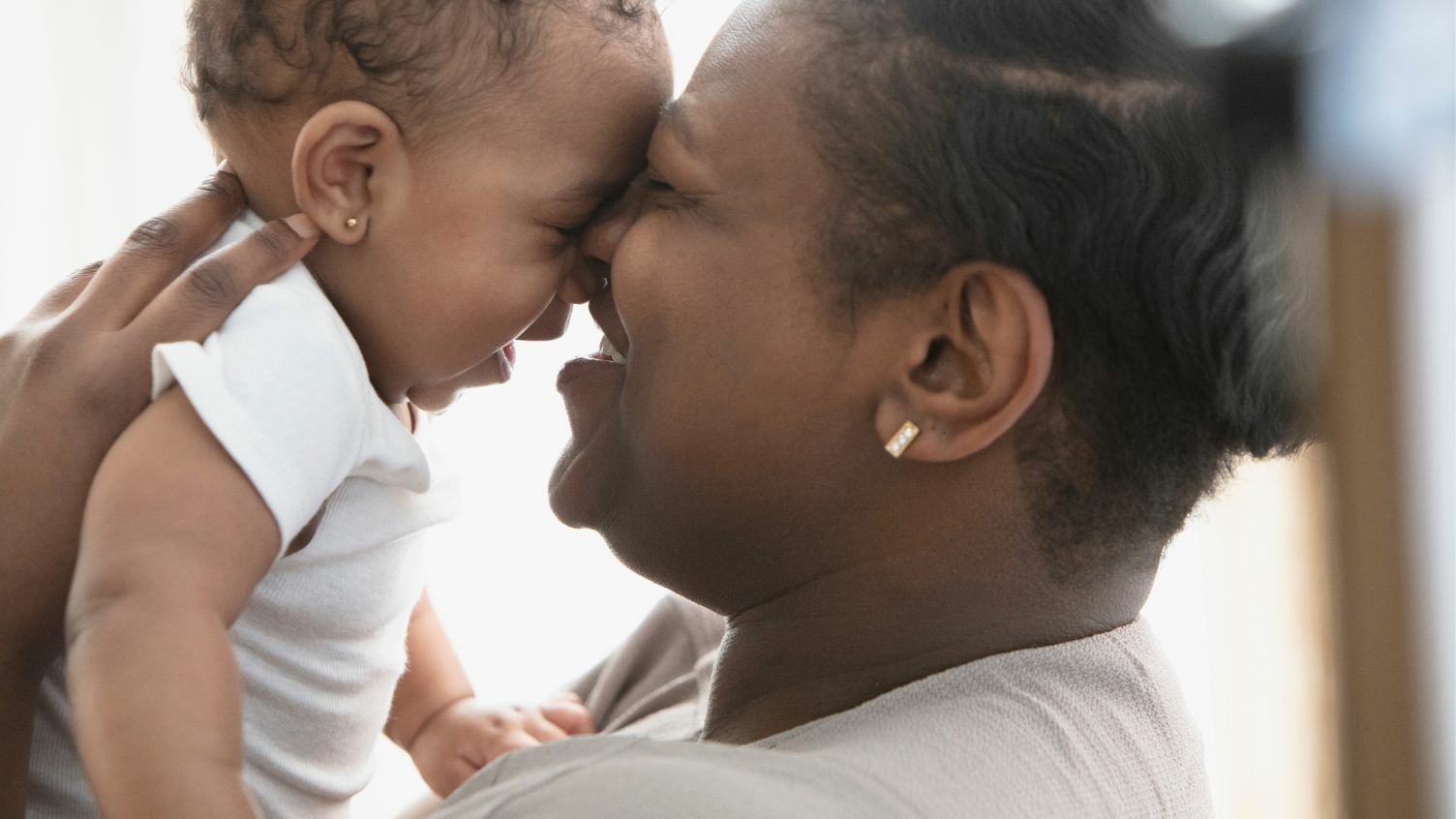Greater Manchester researcher blog: Creating positives from negatives and how COVID-19 is helping raise the profile of research
- 20 November 2020
- 4 min read
Dr Jane Martindale is Research Sponsorship Manager within the Research and Development Department at Wrightington Hospital.
Here, she shares the Wrightington Wigan and Leigh (WWL) Teaching Hospitals NHS Foundation Trust perspective following a year in which the trust has responded incredibly to undertake urgent research into COVID-19.
I have spent over 36 years working within WWL, primarily as a physiotherapist, then as a clinical academic following on from my National Institute for Health Research (NIHR) Clinical Lectureship award. I began a new role of Research Sponsorship Manager in February, and within 10 days, was learning the research process from the ground up, in the midst of a pandemic.
I believe that each and every one of us will likely carry with us a personal story of the work and processes forced upon us by the Covid-19 pandemic for the rest of our lives and suspect that our experiences will have changed us in many ways, not only in our professional, but also in our personal lives.
Life may never truly be the same for any of us, but in some ways it will be better and more appreciated. It’s a brave new world we’ve entered into and I’ve been awe-struck at how WWL as an organisation has adapted to respond to the pandemic, particularly in terms of research.
We have stepped outside the boundaries of our roles, answering the call to deliver research, using resources both old and new along with innovative ways of working. We have had to engage as a Trust at pace, and with conflicting challenges and priorities, to give our patients the best chance of fighting this dreadful virus.
In March, we received an email asking for our help in urgently setting up the now internationally recognised RECOVERY Trial (Randomised Evaluation of COVID-19 Therapy). This study, sponsored by the University of Oxford, concentrated on the current range of potential treatments for Covid-19, to see if any of them would turn out to be more effective in helping people recover than the usual standard of hospital care.
Data from the trial, and information on new drugs, was reviewed regularly so that any effective treatment could be identified quickly and made available to all patients. In just three days, the team had all the research requirements in place and Dr Abdul Ashish, Consultant Respiratory Physician and Divisional Medical Director for Medicine, had agreed to be the Principal Investigator. When our
pharmacy team had all the medications required we were ready to go.
The most astonishing statistic was that in just 13 days, our first patient was randomised into the study; the ‘normal’ NHS timeframe for this would be 10-12 weeks. Amazingly, we also learnt that we were one of the first three Trusts nationally to have recruited patients - surpassing all of our expectations. By 2 April, 11 doctors had informed the Research and Development office that they had completed their training, and seven patients had been recruited and randomised into their treatment arm. Just one week later, this number of doctors had risen to 18.
The research team walked alongside our frontline colleagues, observing our patients, cheering when they were discharged, and sharing their pain when patients lost their battle with the virus. The team grappled with the challenge of not being able to work alongside their frontline colleagues as they followed them by reading their words and understanding each situation they encountered.
We appreciated how challenging it was for our doctors, for whom this was their first involvement in research, to explain the study and gain consent from often very ill patients or their loved ones. We could only imagine the strain they were under, and the turmoil of emotions that they experienced.
Relaying the national picture from the RECOVERY Trial team became impactful through the sharing of milestones and achievements. News such as Dexamethasone being effective against the virus, and that it had taken only 87 days to reach, was welcomed, and we witnessed rapid changes in practice with the Medicines and Healthcare products Regulatory Agency (MHRA) creating a new standard on the same day, thus creating a new standard of care in the UK. The speed of change was breathtaking.
Within our Trust our research team recruited 27 per cent of all patients admitted with Covid-19 and we also explained that people living in our Borough had the opportunity to receive Convalescent Plasma and Tocilizumab (medications they would not otherwise have had access to), as a consequence of our recruitment rate.
I believe that healthcare research has never been so widely discussed and publicised. We have spent countless hours dreaming of ways to empower our patients to not be afraid to ask to be involved in our studies. We must build on the demand for all forms of research, and more importantly, try to dispel those myths and barriers to research that we are often faced with.
Let’s be proud, take hope, work hard, and together we can continue to promote and deliver excellent research and encourage and guide our researchers of the future.
Dr Jane Martindale PhD, BA (Hons), Grad Dip Phys
Research Sponsorship Manager
Research and Development Department,
Wrightington Hospital


